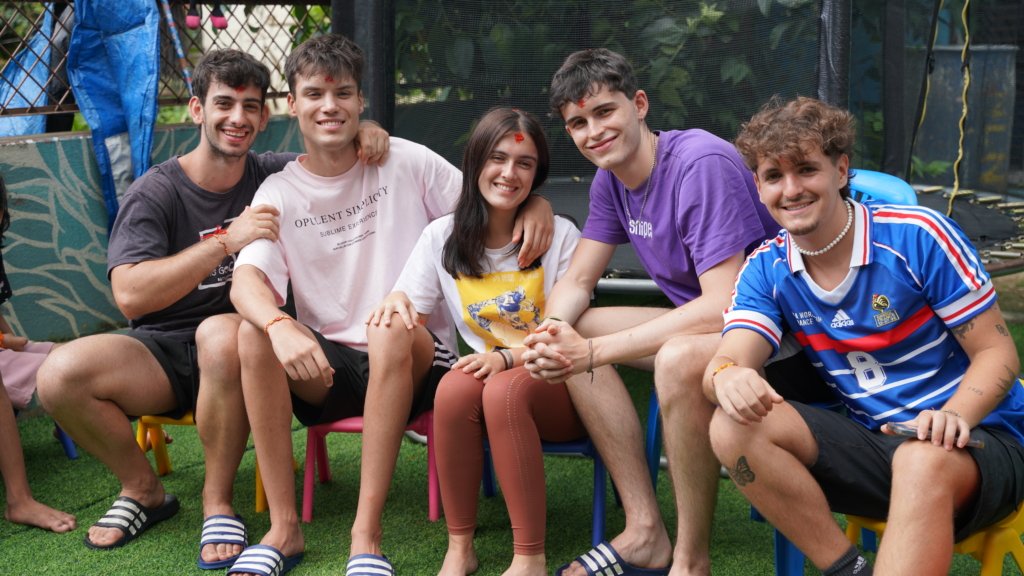
In August 2024, we had the privilege of hosting five compassionate students from Duesto University at New Life Nepal. The group included two psychologists, two physiotherapists, and a social worker, all of whom brought their expertise and dedication to support our children with special needs. Throughout their stay, they provided valuable therapy sessions, including physiotherapy and water therapy, helping our children build strength, confidence, and joy. Their energy, fresh perspectives, and genuine care left a lasting impact on the children and our team. We are deeply grateful for their time, hard work, and the memories shared during their visit.
Activities During the Volunteering Session
Physiotherapy Sessions for Children’s Well-Being
One of the most impactful activities during the volunteer session was the physiotherapy program. The two physiotherapists from Duesto University worked closely with our children, particularly focusing on those with physical disabilities. These sessions included targeted exercises designed to improve mobility, strength, and flexibility, allowing children like Shisir, Ritu, Shiva, and Khushi to make notable progress.
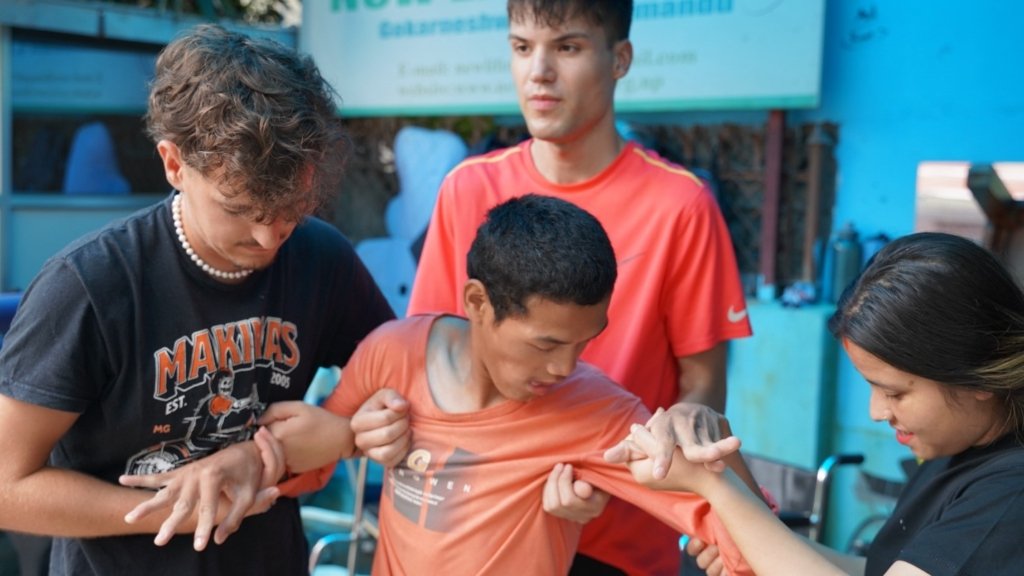
The physiotherapists introduced innovative techniques that our team had not previously used, providing our children with a fresh approach to their care. This tailored therapy helped not only in the physical improvement of the children but also played a significant role in boosting their confidence and overall sense of well-being. The careful attention to individual needs ensured that each child received personalized support, making the sessions both effective and encouraging for the long term.
Learning and Sensory Therapy for Holistic Growth
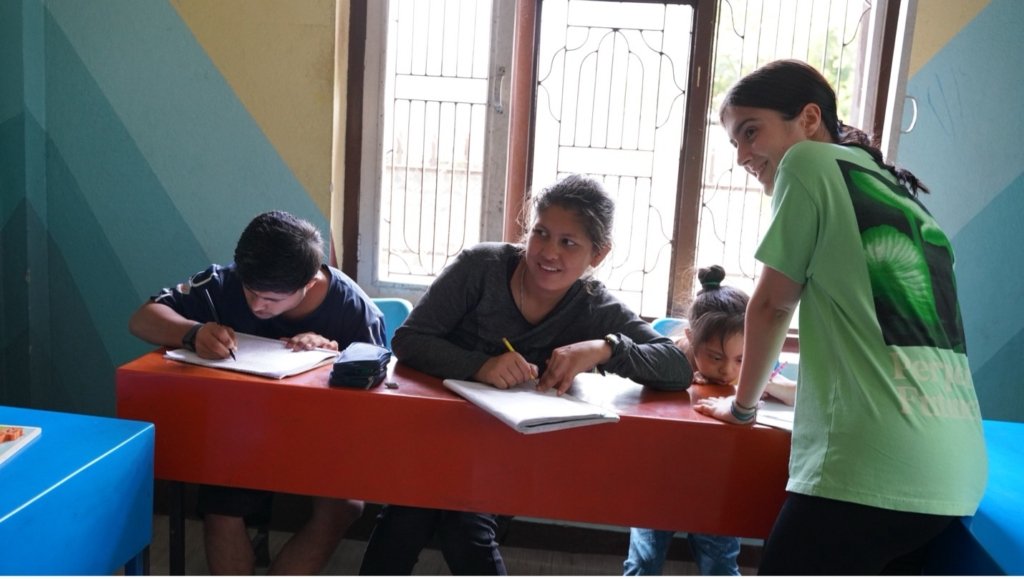
Beyond the physical improvements, the students from Duesto University also contributed to the intellectual and emotional development of the children through learning and sensory therapy. These sessions aimed to enhance cognitive abilities and sensory integration, offering our children a well-rounded development experience. The activities included puzzles, memory games, and interactive lessons,
all of which were designed to engage the children’s minds while also helping them build important social and communication skills. The students worked one-on-one with children who had learning difficulties, offering them the patience and personalized guidance they needed. The children responded with enthusiasm, enjoying the creative and stimulating activities that made learning fun. This nurturing environment allowed the children to thrive, learning at their own pace while feeling supported by the volunteers.
Fine Motor Exercises for Skill Enhancement
In addition to physiotherapy and learning activities, the volunteers also introduced a range of fine motor exercises that helped children improve their hand-eye coordination and dexterity. These activities were especially beneficial for children with developmental delays or motor challenges. The exercises were often simple yet highly effective, such as threading beads, using clay to mold shapes, and other hands-on tasks that required precision and focus.
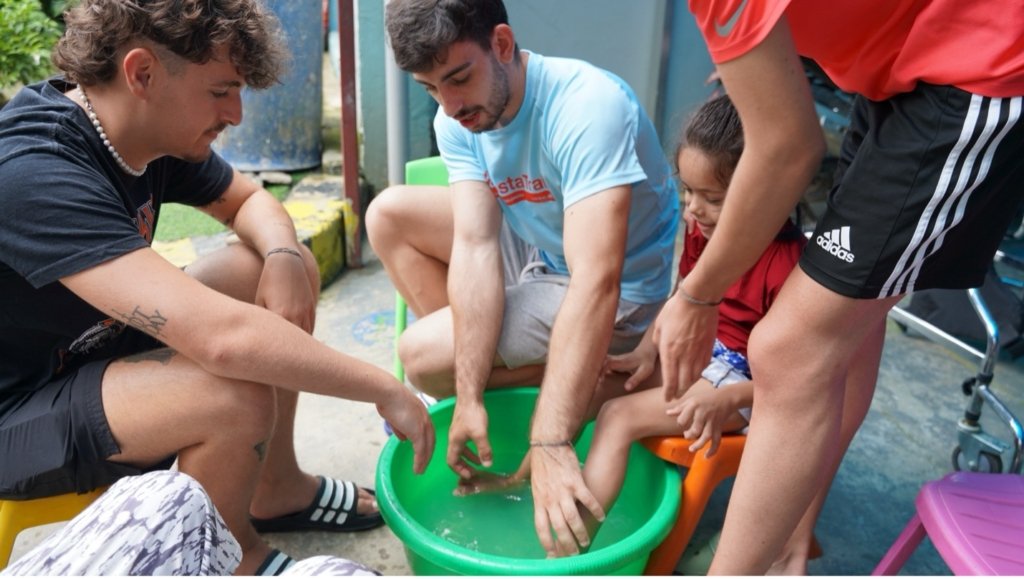
These activities not only strengthened their fine motor skills but also gave the children a sense of accomplishment as they completed each task. Over time, we noticed improvements in their ability to perform daily activities, from holding utensils to dressing themselves. The impact of these exercises has been profound, as the children continue to apply the skills they learned in their day-to-day lives.
Fun Recreational Activities for Therapy and Enjoyment
Recreational therapy was an essential part of the volunteer session, allowing the children to engage in activities that were both fun and therapeutic. One of the highlights of these sessions was face painting, where the volunteers used bright colors to paint playful designs on the children’s faces. This activity not only brought smiles to their faces but also served as a creative outlet, boosting their emotional well-being. The volunteers also organized swimming sessions, which were especially beneficial for children needing water-based therapy. Swimming helped improve their strength, flexibility, and balance, all while having fun in the water with their new friends.
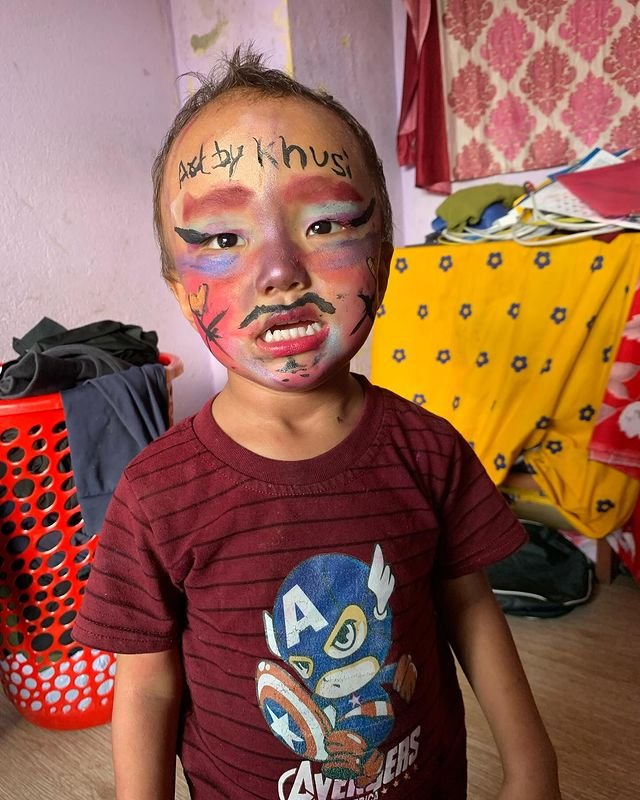
Daily and Evening Walks for Relaxation and Therapy
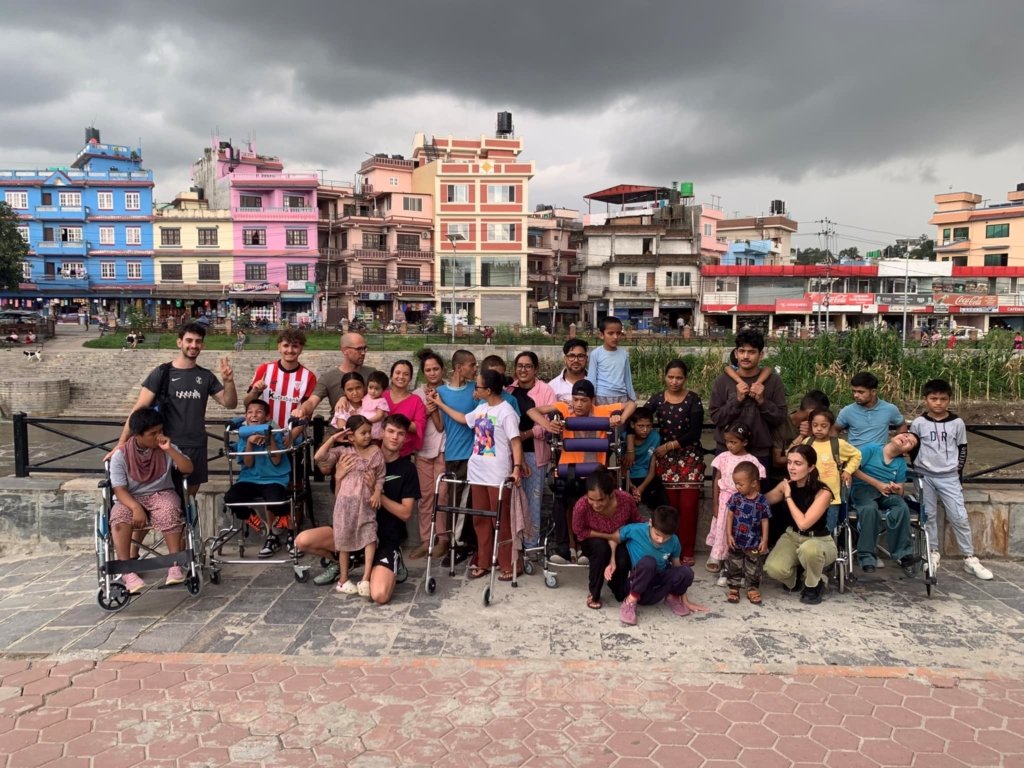
Another significant
aspect of the volunteer program was the introduction of regular daily and
evening walks. These walks were an excellent way for the children to get fresh
air, engage with nature, and participate in light physical activity. For
children who required a calmer therapeutic approach, these walks helped improve
their mental and physical health
Which providing relaxation and a peaceful environment to unwind. The evening walks, in particular, were a soothing end to the day, allowing the children to reflect on their day and relax before bedtime. It also created an opportunity for volunteers to bond with the children, sharing conversations and building connections.
Group Games and Recreational Therapy
Therapeutic activities were seamlessly blended with fun and recreation throughout the volunteer session, providing the children with moments of joy while also receiving the care they needed. Group games like ball throwing, tug-of-war, and other interactive activities helped children develop teamwork skills and social interaction.
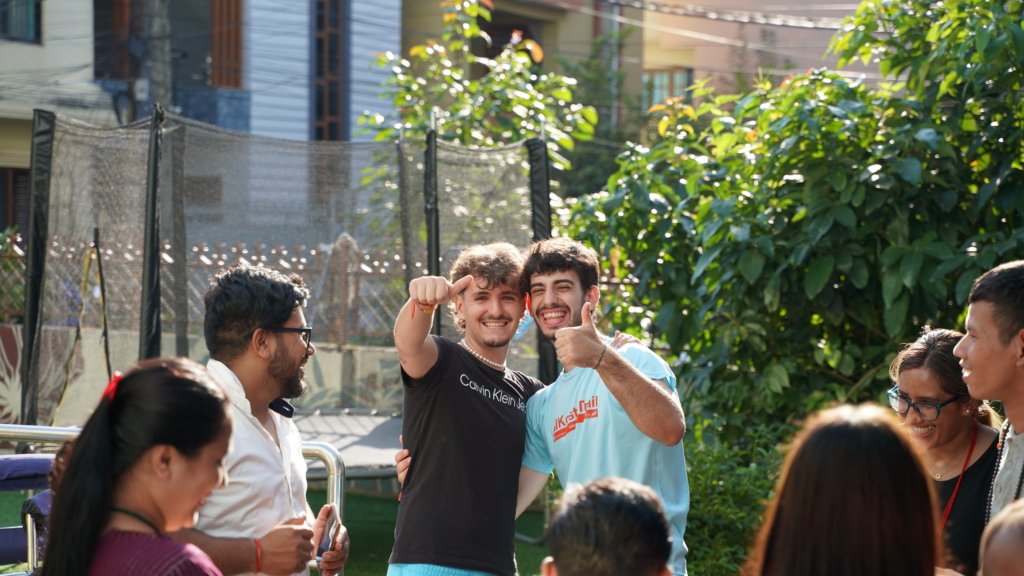
These playful sessions created a lighthearted atmosphere, where children felt comfortable and encouraged to participate. Alongside these activities, art-based therapy sessions allowed the children to express themselves creatively. From drawing to painting, these art sessions became a form of emotional release for many of the children, allowing them to communicate their feelings and experiences through their artwork.
